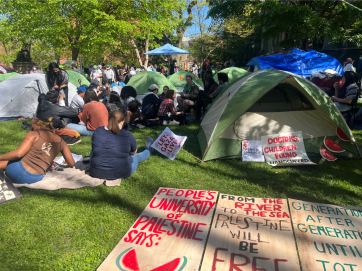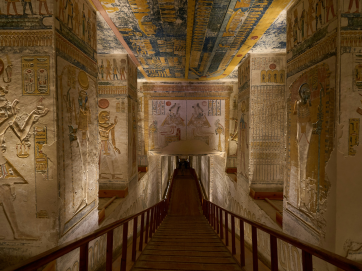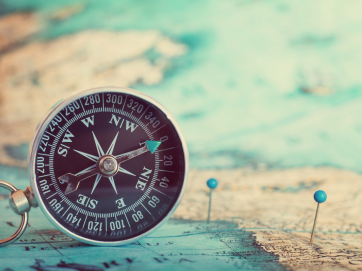In the wake of the Revolutionary War, the fledgling federal government imposed a tax on domestic distilled spirits, the most common of which was whiskey. This “whiskey tax” was intended to help pay down the war debt incurred during the Revolutionary War. However, farmers and planters in western regions resisted, believing that the tax was unjust. Many of these farmers were veterans of the revolutionary war and considered that they were fighting for the same principles in opposing the whiskey tax. Violence and protests broke out, and in response, George Washington sent a militia out to enforce the tax and suppress the rebellion.
George Washington arguably believed that the Whiskey Rebellion was the single most significant event in the history of the early United States. In his Proclamation authorizing the use of the militia to put down the Whiskey Rebellion, Washington said that "the very existence of government, and the fundamental principles of social order were involved in the issue." To what extent has this been borne out by history? What does the rebellion tell us about popular American attitudes at the time on taxation and centralized federal authority? How did Washington's response, by sending in the militia, accord or depart from the principles and ideals fought for during the American Revolution?
This event featured William Hogeland, author of the narrative-history trilogy, Wild Early Republic — The Whiskey Rebellion, Declaration, and Autumn of the Black Snake; Terry Bouton, Associate Professor of History at the University of Maryland–Baltimore County; and Paul Douglas Newman, Associate Professor of History at the University of Pittsburgh at Johnstown.
Photo by Unknown, attributed to Frederick Kemmelmeyer - Metropolitan Museum of Art, Public Domain













